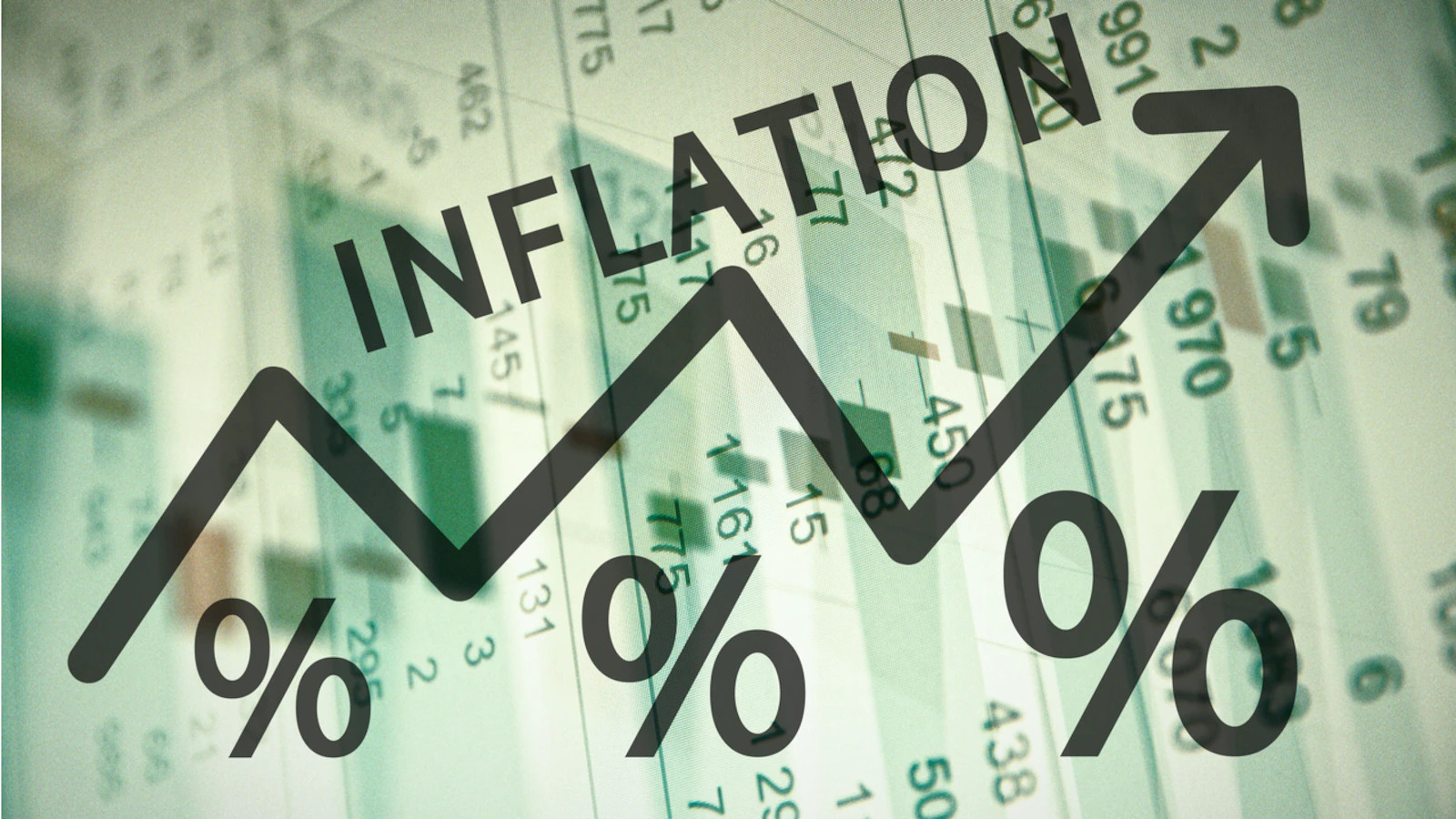India’s retail inflation measured by the Consumer Price Index (CPI) shot up to 5.55 per cent in November 2023, from 4.9 per cent in October 2023, driven by food items–as shows official data released on Tuesday – and uncomfortably above the Monetary Policy Committee’s (MPC) long-term target of 4 per cent which shifts the possibility of a rate cut to not before the August 2024.
The CPI uptick in November was entirely driven by the food and beverages segment, with all the other group either reporting a lower or an unchanged year-on-year inflation print in November 2023 relative to October 2023. The price data are collected from selected 1114 urban markets and 1181 villages covering all states/UTs. During the month of November 2023, NSO collected prices from 99.9 per cent villages and 98.6 per cent urban markets while the market-wise prices reported therein were 90.0 per cent for rural and 92.2 per cent for urban.
Food inflation accelerated sharply to 8.7 per cent led by double-digit inflation in vegetables, pulses and fruits. The surge in food and beverages inflation was largely led by a sharp increase in vegetables inflation, even as seven of the 12 food sub-groups reported a moderation in their y-o-y inflation print. Some easing in cereals, milk and a deeper deflation in edible oils curbed the rise in food inflation. However, as Aditi Nayar, Lead Economist, ICRA, points out, readings for cereals and spices persisted in double-digits for the 15th and 18th consecutive months, respectively, while that for pulses did so for the sixth straight month in November.
On the non-food front, fuel and light prices declined at a faster pace than in October, observes Dharmakirti Joshi, Chief Economist, CRISIL. Core inflation eased a touch to 4.1 per cent. “The moderation in core inflation reflects lower input cost pressures on producers, which has reduced the need to raise retail prices,” says Joshi. This was also the lowest print in the post-pandemic period and counterbalancd the food inflation prints over the last few months.
Going ahead, the CPI numbers align with the Reserve Bank of India (RBI)’s intent to closely monitor inflation. Joshi forsees CPI inflation to average 5.5 per cent this fiscal and RBI holding interest rates steady for the remainder of this fiscal. The indicators for this are, a lag in cumulative rabi sowing vis-à-vis year-ago levels as well as in reservoir storage which does not bode well for food prices. though the upcoming favourable base effects in January-February 2024 offers scope for the y-o-y inflation to moderate somewhat on the back of. A worry for Nayar is the impact of El Nino on moisture levels, as it may prove to be unfavourable for yields of crops like wheat.
With lingering concerns related to prices of some food items, forecasts suggest December 2023 CPI inflation in a range of 5.6-5.8 per cent and MPC move to maintain status quo for the next couple of policy meetings.

















